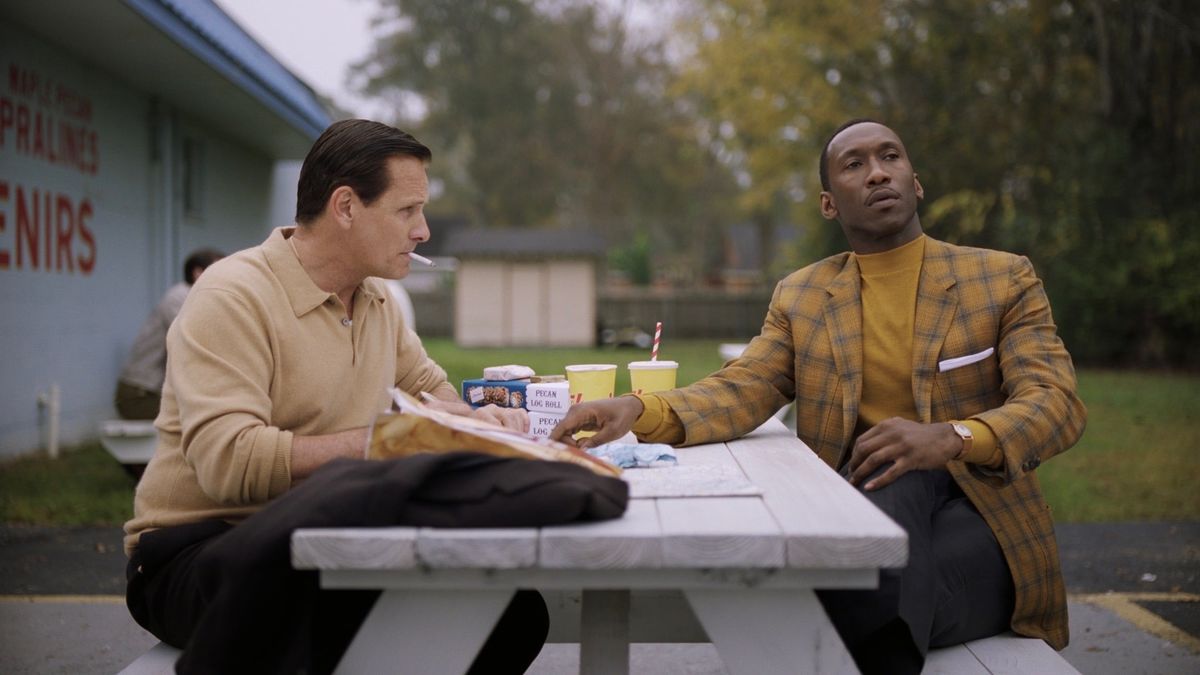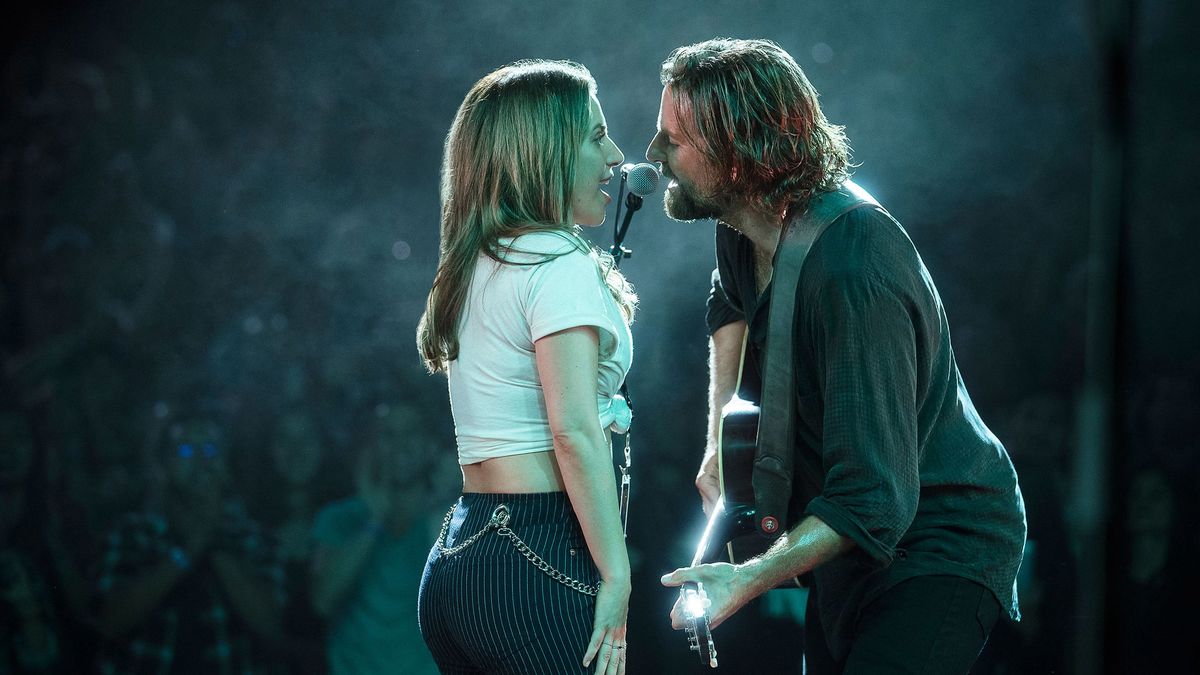To say that this is a divisive pack of Best Picture nominees is putting it lightly. In all honesty, I'd have specified just two - maybe three, given my admiration of my fourth-placed title - of the eight films ultimately nominated on my own imaginary ballot, compared to six of last year's batch. The sooner this award season is over, the better.
However, despite the pain it inflicts upon the reminder of the superlative films like Can You Ever Forgive Me?, First Man, If Beale Street Could Talk, Widows and Hereditary that are disappointingly absent, I’m keeping with tradition and ranking the Best Picture nominees. Because who doesn’t love a ranking?
Share your own with me and let’s hope one of my top two films win the award (for you, and my sake).
Share your own with me and let’s hope one of my top two films win the award (for you, and my sake).
8. Vice (dir. Adam McKay)
Vice's utilisation of the same techniques that allowed Donald Trump to take up the most powerful position in the United States of America - namely, treating serious, weighty material as a continual joke that dismisses its validity and inadvertently permits such despicable behaviour as less severe under the guise of flippancy - is dangerous, quite frankly. An entirely toxic, ill-conceived piece of filmmaking that misjudges the emphasis on style over substance, Vice tells you no more than a quick Google search would. A satire biting the wrong thing, Vice is a nauseous experience and easily the worst film nominated for Best Picture since, erm, The Big Short. Its apperance here over far stronger titles is a disgrace.
7. Bohemian Rhapsody (dir. Bryan Singer)
Entertaining yet hollow, the power of Bohemian Rhapsody lies with the extraordinary man at the heart of its story, not the disappointingly sanitised, safe and shallow filmmaking efforts and the troubling (some may argue, homophobic) depictions of Freddie's homosexual relationships, vilified as the thing that killed him - opposed to the virus that ultimately took his life. As the message and titular question of "Who Wants To Live Forever?" played through my head, causing my annoyance to soar, I couldn't help but wish Mercury's legacy lived on in a stronger film.
6. Green Book (dir. Peter Farrelly)
In spite of its flaws, Green Book is a rich, entertaining and frequently powerful piece. Its conventionality (and sometimes clumsy handling of its themes) may turn some off; its crowd-pleasing attributes and the uplifting message may endear others towards it. I found myself swept up in every minute of the journey of the incompatible pair, endlessly charmed by the unexpected triumph. Some additional depth would be beneficial, and I don't think it should've found a home in award season (outside of its two central performance)s but, for the most part, Green Book is something to write home about.
5. Black Panther (dir. Ryan Coogler)
4. Roma (dir. Alfonso Cuarón)
For a film presented in monochrome, there sure is a lot of colour to Alfonso Cuarón’s gorgeous Roma. As visually extraordinary as expected and brimming with heart-rendering humanity, Roma is an astonishing technical accomplishment telling a really rather simple tale: an intimate, raw and authentic exploration of life. With a handful of tremendous performances including Yalitza Aparicio, beautifully nuanced in her screen debut, and Marina de Tavira, never short of compelling, Roma is a stunningly immersive experience. It took me a while to warm to Roma though: the second half far stronger than the first, with the emphasis on the technical perhaps overwhelming its sincerity, but it finds a more confident footing in the second half, and it soars.
3. A Star Is Born (dir. Bradley Cooper)
If Gaga is A Star is Born’s beating heart, Cooper is its gentle soul, and they lift each other up. Each stirring in the emotion they evoke through both their acting and singing, they each ultimately influence the narrative in different ways. Gaga’s musical talents are showcased in powerful, emotionally-fluctuating glory, thankfully translated into her acting credentials too; meanwhile, Cooper steers the ship valiantly, stirring both in front of and behind the camera, expressing a profound sorrow which is interlaced wonderfully throughout the story. Their energies are perfectly complementary and their chemistry is fantastically matched by the end, if not so assuredly to start with. While I'd prefer Roma to take a Best Picture win, I couldn't help but *enjoy* A Star Is Born more.
2. BlacKkKlansman (dir. Spike Lee)
Lee's latest joint is unwavering and unignorable; it will leave you speechless. An exhilarating, uncompromising and intrepid piece of filmmaking as impeccably-crafted as it is vital, BlacKkKlansman is not afraid to ask uncomfortable questions that encourage us to face the pressing and urgent issues of our times. Set in the 70s but rooted in the present, a trait emphasised by a concluding montage sequence that should be singed in your mind forevermore, I implore each and every one of you to seek out BlacKkKlansman and listen to its message: be angry, be saddened, be shaken but don't be still. This is a fight for us all. With the American flag flipped and fading in the final moments of the film, the message is clear: in order to save the nation (and the world), we must unite and be ready to fight for change.
1. The Favourite (dir. Yorgos Lanthimos)
Describing a film as “of the moment” can seem redundant: how long does a moment last? Yet, there’s an unreserved relevance to the themes and messages in contention here, bubbling beyond the love triangle and royal shenanigans on display: a tooth-and-dagger fight for power, the greed of a few altering the course of history for the many, and a deal that cannot be resolved pleasantly for anyone involved. Sound familiar? Lanthimos holds a mirror from the current to the past, reflecting mighty messages and timely themes to tragicomic results: forever entertaining but offering more beneath the (gorgeous) surface. In my eyes, The Favourite does the two most important things cinema should do: entertains and engages.
The Favourite’s success is hidden in the small, luscious details: a finely-woven tapestry that speaks impressively wide but tells a weightier story when examined more closely. Its unique ability to subvert expectations, its zeitgeist-tapping control of themes appropriate for a contemporary audience and genuinely astonishing technical accomplishments would make this film worthy of Best Picture in this or any other given year. For their achievements to cinema, Lanthimos, Colman, Weisz and Stone deserve their Oscar coronation on February 24th, while the evening’s royal banquet should undoubtedly be reserved for The Favourite.








